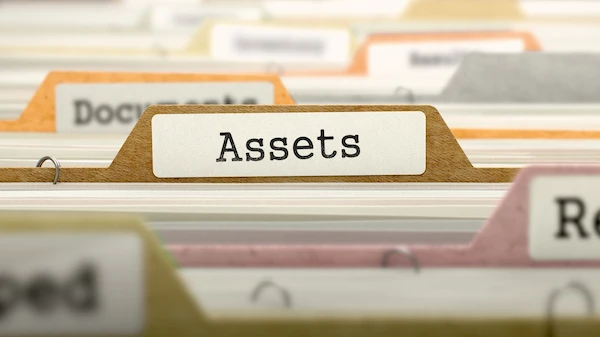Divorce can be a tumultuous time, filled with high emotions and difficult decisions. One of the most critical aspects to navigate is the protection of your assets. The division of property and finances can be a contentious issue, often leading to prolonged legal battles.
Knowing how to protect your assets during a divorce is not just about safeguarding your financial future but also about ensuring a fair and equitable resolution. This guide will provide insightful strategies to navigate this complex process, intending to equip you with the necessary knowledge and confidence to protect your assets effectively.
Learn How Much Money You Have
Understanding the full scope of your finances is the first step towards protecting your assets. Take the time to gather all financial documents, including bank statements, investment portfolios, retirement funds, and any outstanding debt. Evaluate both your individual and shared assets.
This comprehensive financial assessment will not only give you a clear picture of your current standing but also lay the groundwork for negotiations. It’s advisable to enlist the help of a financial advisor or attorney during this process, given the potential complexity and the critical role this information will play in the subsequent stages of your divorce proceedings.
Don’t Hide Money
Concealing assets is not only unethical but also illegal, and it can lead to serious negative consequences in court. Courts have punitive measures for those found guilty of such activity, including fines and a potential skewing of asset division in favor of the other party.
Transparency and honesty about your assets are crucial for a fair and equitable settlement. It’s far more prudent to legally protect your assets through rightful and lawful means, such as utilizing prenuptial or postnuptial agreements and understanding your state’s laws about marital property.
Separate Your Bank Accounts
Separating your bank accounts is a proactive step in protecting your assets during a divorce. You should have joint accounts. Consider opening individual accounts in your name only. Transfer your portion of the funds to your new account, ensuring the amount transferred is fair and equitable.
It’s essential to maintain a record of these transactions to avoid any disputes or misconceptions. This separation of bank accounts can prevent your spouse from irresponsibly draining the joint account, affording you a degree of financial independence and security during the divorce proceedings.
Read Also: Breaking Ties: Unveiling The Stages Of Divorce For The Initiator
Create an Emergency Fund
Financial instability can often accompany such a life-altering event, making it imperative to have a safety net in place. Start setting aside a portion of your income or savings into a separate account, which will serve as your emergency fund.
This money can be used to cover unforeseen expenses related to your divorce proceedings, such as attorney fees, or to support you during the transition period after the divorce. It’s crucial to remember that this fund should be used for emergencies only and not for regular expenses. To learn more about divorce asset protection, consult expert family law attorneys for advice.
Learn How to Protect Your Assets
In conclusion, to protect your assets during a divorce requires a comprehensive plan, an understanding of your financial landscape, and professional assistance. It’s not just about immediate financial stability but also about setting foundations for long-term fiscal health.
Remember, transparency, careful planning, and legal counsel are your strongest allies in this process. Divorce might be a challenging phase of life, but with strategic asset protection, it can also be a period of financial self-awareness and planning to build a secure future.
Did you find these family tips helpful? Check out the rest of our blog for more!
Read Also: Mixing Marriage And Business: What To Know About Starting A Business With Your Spouse







